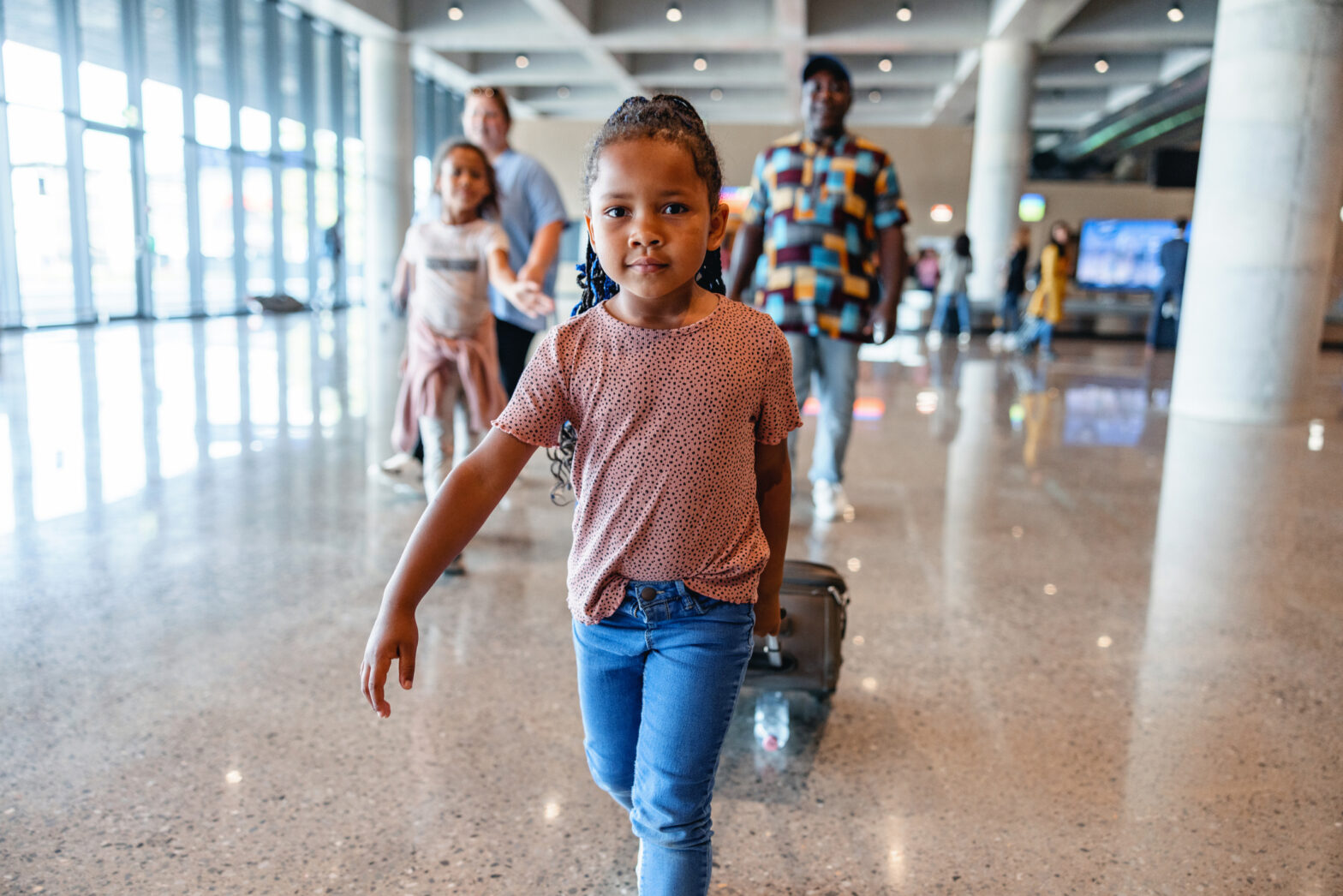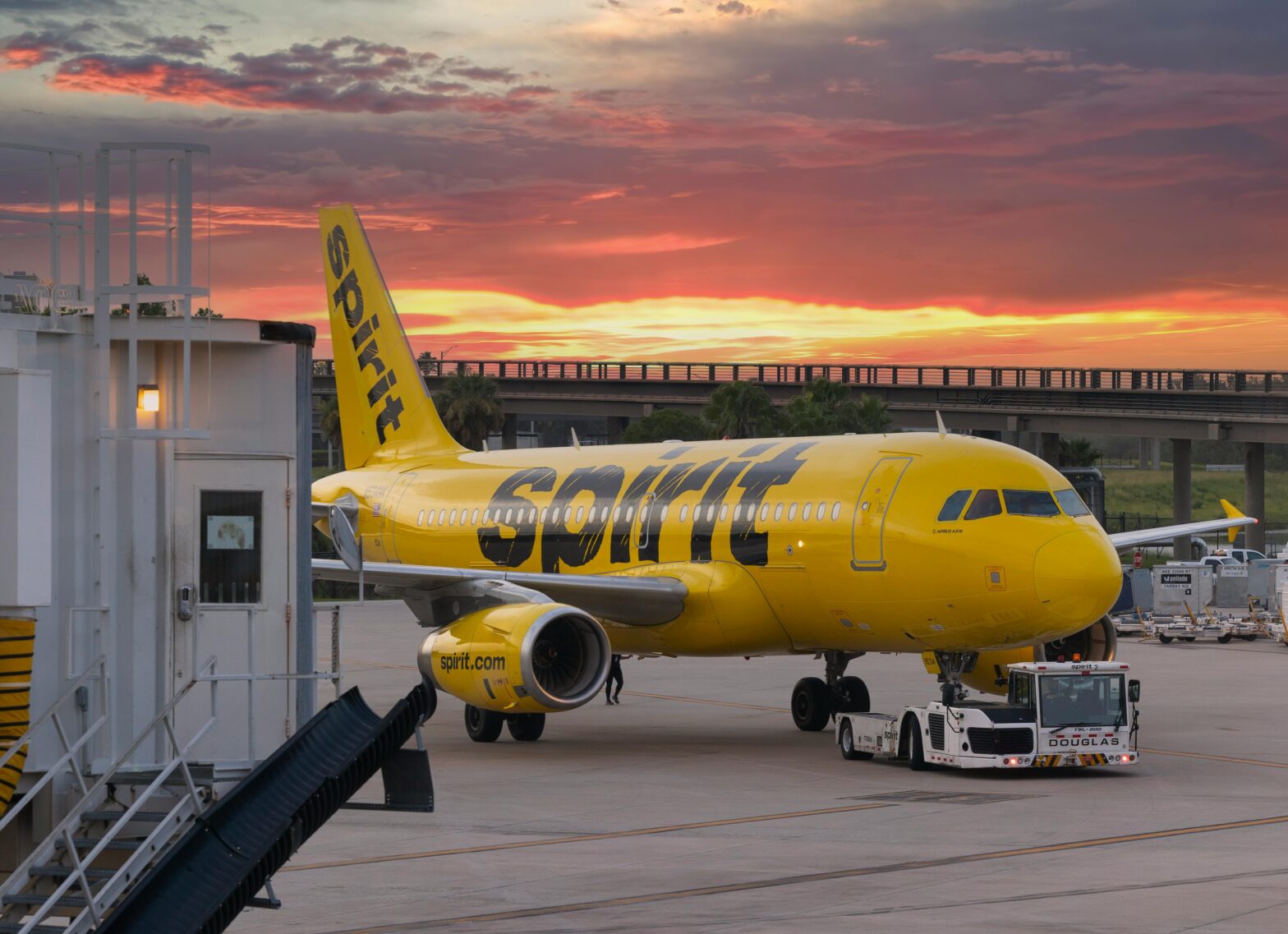Do you remember the time when checking bags were free of charge? If not, let’s take you back.
Baggage fees were first announced in 2008 by American Airlines. The company was the first major U.S. carrier to do so, charging just $15 each way for the first checked bag.
Fast-forward to 2020, the fees for the first checked have doubled. Delta, United, and American charge $30 one-way.
RELATED: JetBlue Has Increased Checked Baggage Fees, Are Other Airlines To Follow?
These baggage fees have proven to be a moneymaker for major US airlines, with the exception of Southwest.
In 2019, airlines collected a total of $5.8 billion from baggage fees. That’s almost $1billion more from 2018 due to an increase in fees and travel demand, according to figures released by the Federal Bureau of Transportation Statistics.
If you add the $2.8 billion in ticket changes and cancellation fees airlines collected in 2019, the industry made $8.6 billion in revenue altogether.
And while the trend has aimed upward regarding how much money airlines make each year due to these fees, there will likely be a decrease in 2021, as the coronavirus pandemic keeps passengers and their suitcases home.
“The money airlines collect from these optional product fees are their financial lifelines,” Henry Harteveldt, a travel analyst and co-founder of Atmosphere Research Group told USA Today in an interview. “It’s become a core part of their revenue. It is central to how they do business.”
Which Airlines Collected The Most In Bag Fees In 2019?
The country’s largest airlines collected more than $1 billion each from bag fees in 2019.
American Airlines: $1.34 billion.
Delta Air Lines: $1.04 billion.
United: $1 billion.
Southwest Airlines, the nation’s largest domestic carrier only collected a little more than $50 million because it allows two free checked bags.





